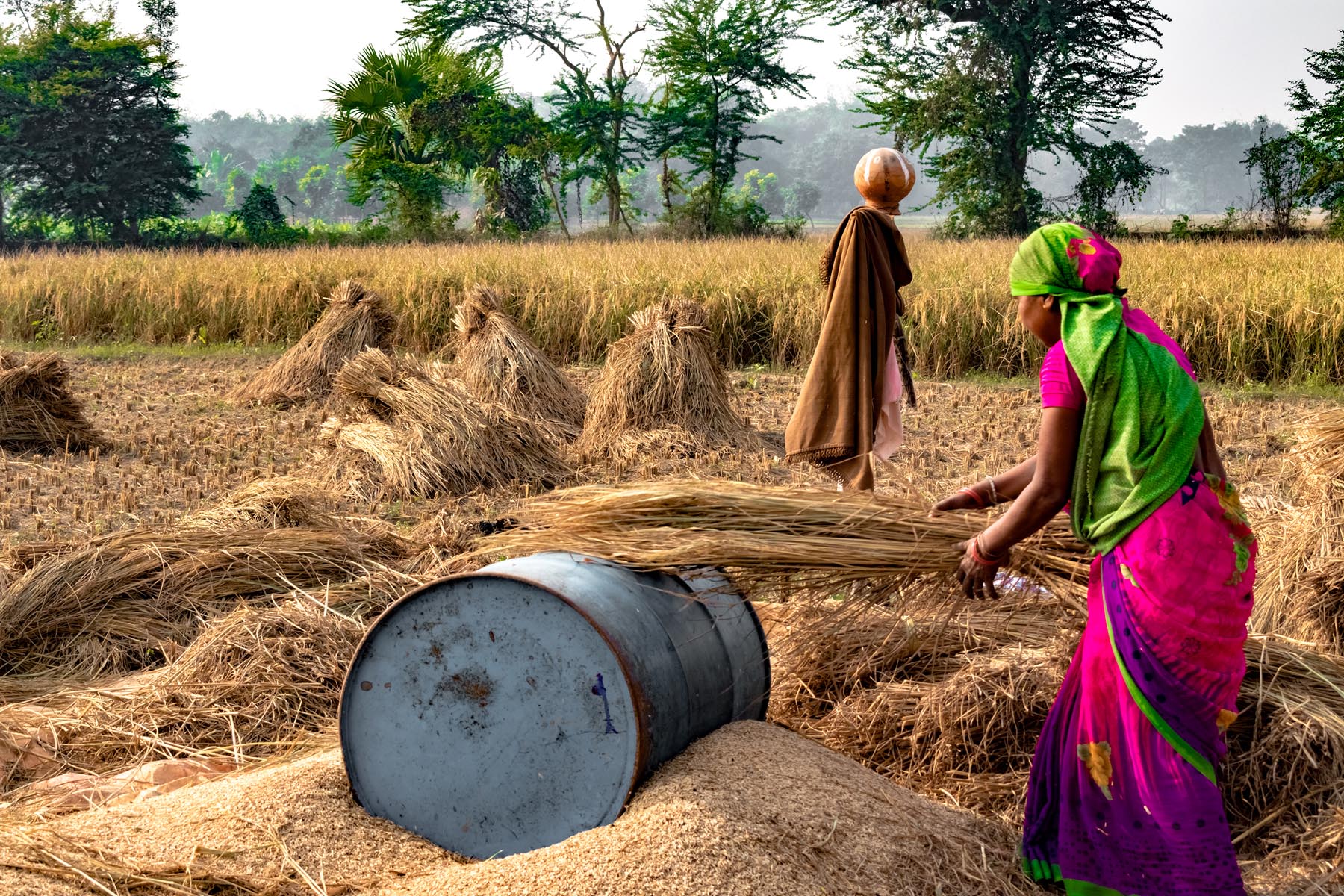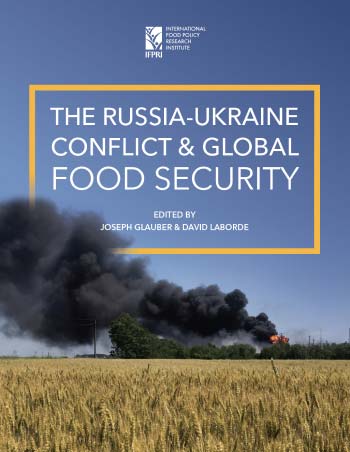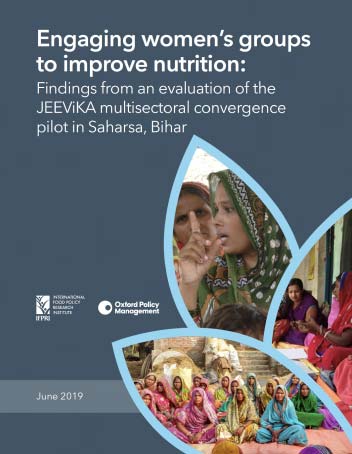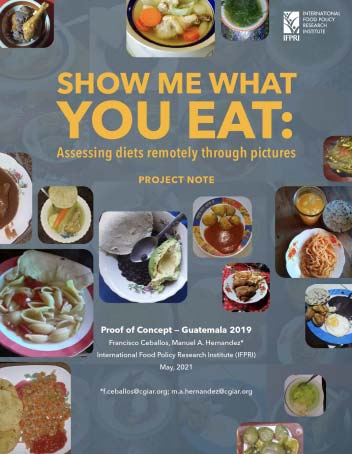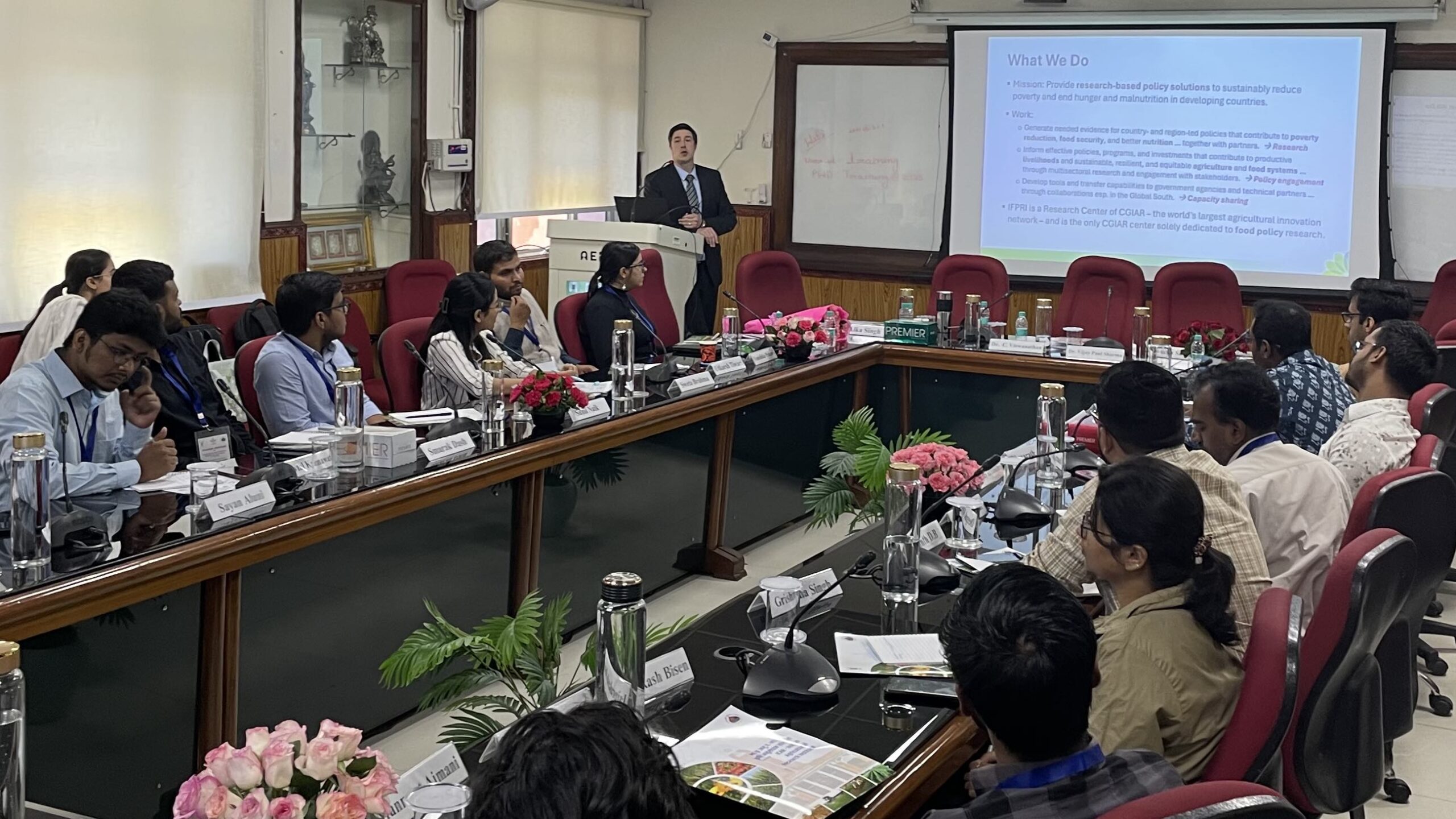The Regions
-
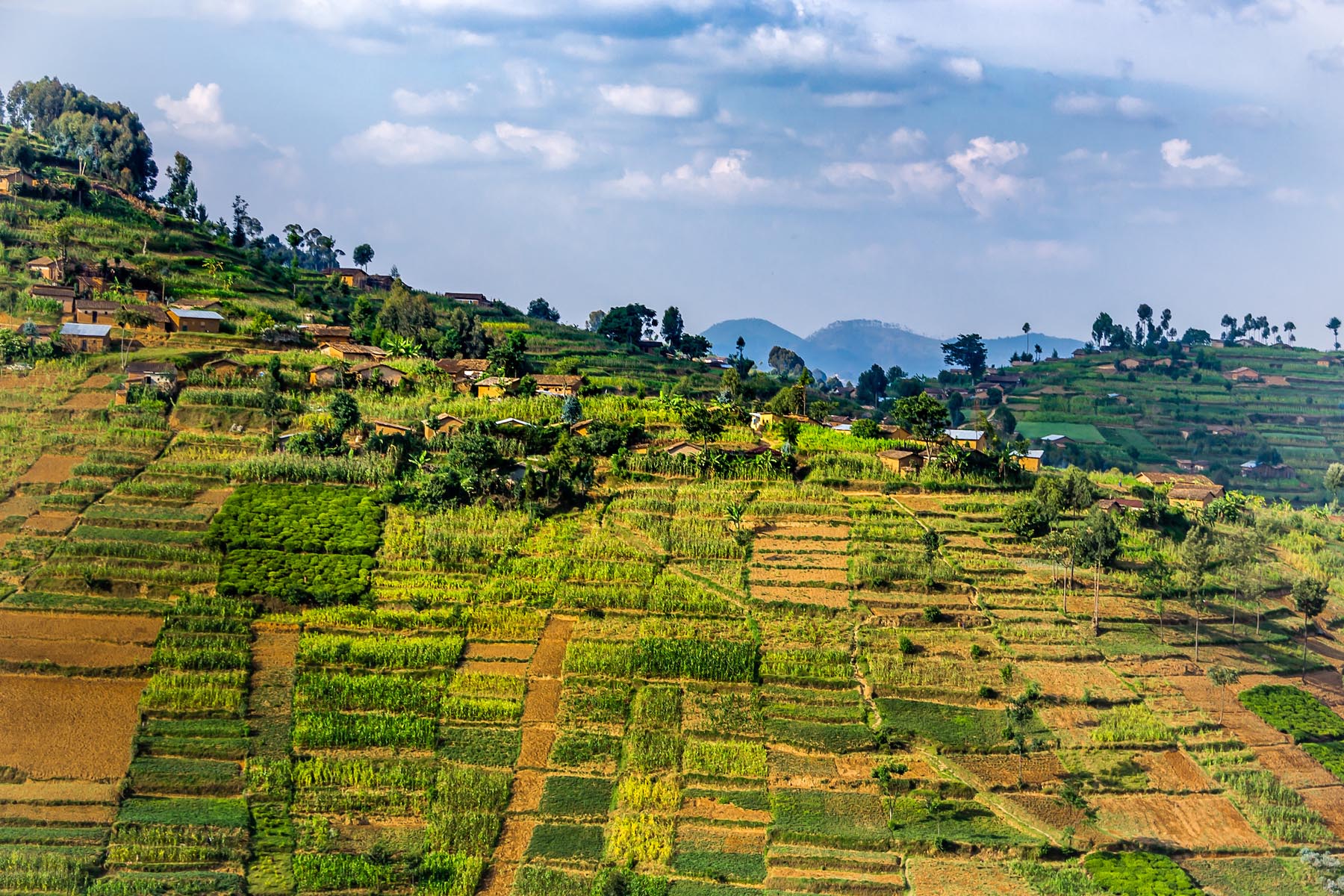
Africa
The Africa Regional Office provides an on-the-ground presence to support local research and capacity building as well as partnership building for sustainably reducing poverty and ending malnutrition.
-
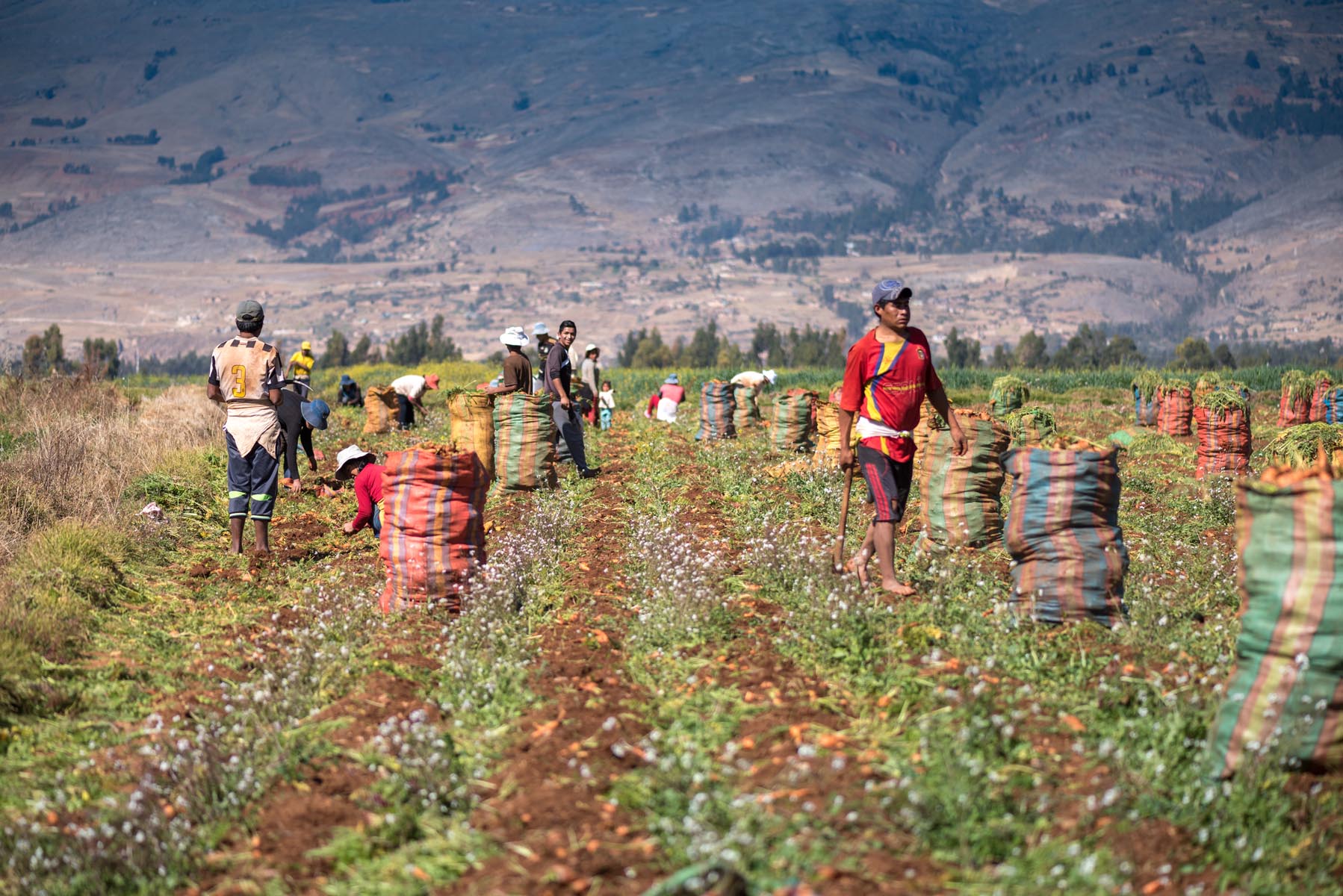
Latin America and the Caribbean
IFPRI’s Latin America and Caribbean Program builds on more than three decades of research in the region. The program supports the region in food systems transformation by analyzing data and generating insights for informing policies, and emphasizes collaboration with other institutions to build a network of collaborators and colleagues in the region.
-

South Asia
IFPRI’s South Asia Office supports policy research and capacity-building activities related to food and nutrition security in the region, with a focus on agricultural diversification, climate change, markets and trade, nutrition and health, science and technology, and governance.




